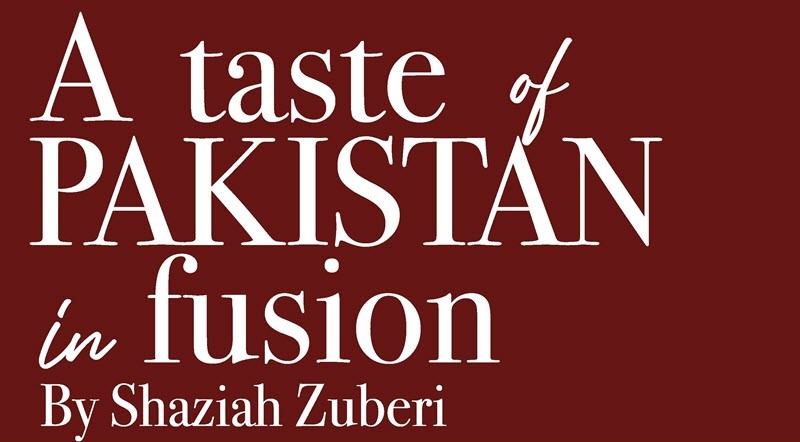It is such good news that Sharmeen won her second Oscar for the documentary film, “A Girl in the River, The Price of forgiveness”. In the film Saba was the survivor of an attempted honor killing but was forced to forgive her family for trying to murder her.
I was thinking that it is impossible to understand social and cultural norms without exposure to such powerful documentaries. Such documentaries propel changes in social norms and values, while forcing us to reconsider and evaluate practically every misguided thought, action, and institution that are otherwise taken for granted in society. I was surprised to observe people’s reactions. A large segment of society argues that such films only highlight Pakistan’s failings, instead of promoting a positive image for our country abroad.
I think it is good that we’re discussing these issues regardless of whether we agree or disagree. For me such societal dialogue is the way to air such issues rather than bringing such subject in the sphere of politics. The downside I can see in politics is that people never really get everything they want. It only divides opinions in society. It is messy, limited and no issue is ever really settled. Conversation on the other hand is good because it does not entail violence. We learn about other people and see things from their vantage point and try to balance their needs against ours.
In my opinion the argument of critics against the film has no substance or depth. It only reflects their limited creative capacity. I would say that instead of being unnecessarily cynical about Sharmeen, they should comprehend the role of art in society. For me art is an adventure. It is akin to building bridges within humanity; reuniting and recording fragments of thought, feeling and memory; and saying things that can’t be expressed in any other way. It connects us deeply and simultaneously, personalizes things that otherwise tend to be ignored.
When we create art we’re trying to represent something inside us. It is about a sense of mystery and inspiration in our life. It is providing us joy, purpose and deep meaning. Some tell stories through dance, poetry, writing, song, drama and movies. All are forms of communication. There are so many ways in which to create art. We need to understand that the range of potential diversity in our creative expression is fantastic. The truth is not always about feeling good but sometimes expressing a fear or distress as well. I believe it to be primarily a method of story-telling, something that is innate in human beings and necessary for societies to retain their identities. This is all good for societies. The empathy that we feel from movies is key to our normal moral development. If we never felt real fear or distress, how could we empathize with fear or distress of others? I personally feel that’s the power of art, we can feel something and empathize with it at a very deep level, and we don’t have to put words to it.
I do not understand why we’re acting naive and complaining unnecessarily about the movie. What’s wrong if Sharmeen’s documentary is reflecting our reality that has been hiding from public view in Pakistan? Don’t you think that her positive initiative for raising greater awareness and getting the government to take action on this important subject in Pakistan is such an important achievement?
To counter her critics I would also like to point out that Sharmeen had created a song on Lahore which was directed by her team and involved a group of Pakistani musicians travelling the world to celebrate classical music. She also made “3 Bahadur”, an animated film aimed at a young audience? For me she has clearly made an effort to promote a positive image of Pakistan.
As far as Saba’s story is concerned, her story is a message of hope. The story represents a courageous survivor. She is alive today to have her story told, perhaps to bring about change in Pakistan. As I can see the prime minister has appreciated the film and is talking about instituting laws against honor killing.
I think it’s time that we change the conversation. Yes, we need a conversation that our society can benefit from but also bring a positive change around us. I strongly believe that societies can be reshaped and restructured more by how we communicate as opposed to the content of the communication. Our courage, passion, and optimism will make a difference in our society, not criticism.
I know it is a long journey for Pakistani women. Change will not come very easily. Change will come only if we embrace our abilities that drive from economic, educational, cultural, and social capital. And it will come when we use more our positive voices to spread the word or advocate for those who are voiceless. Why can’t we just have a positive conversation instead of a negative one?

